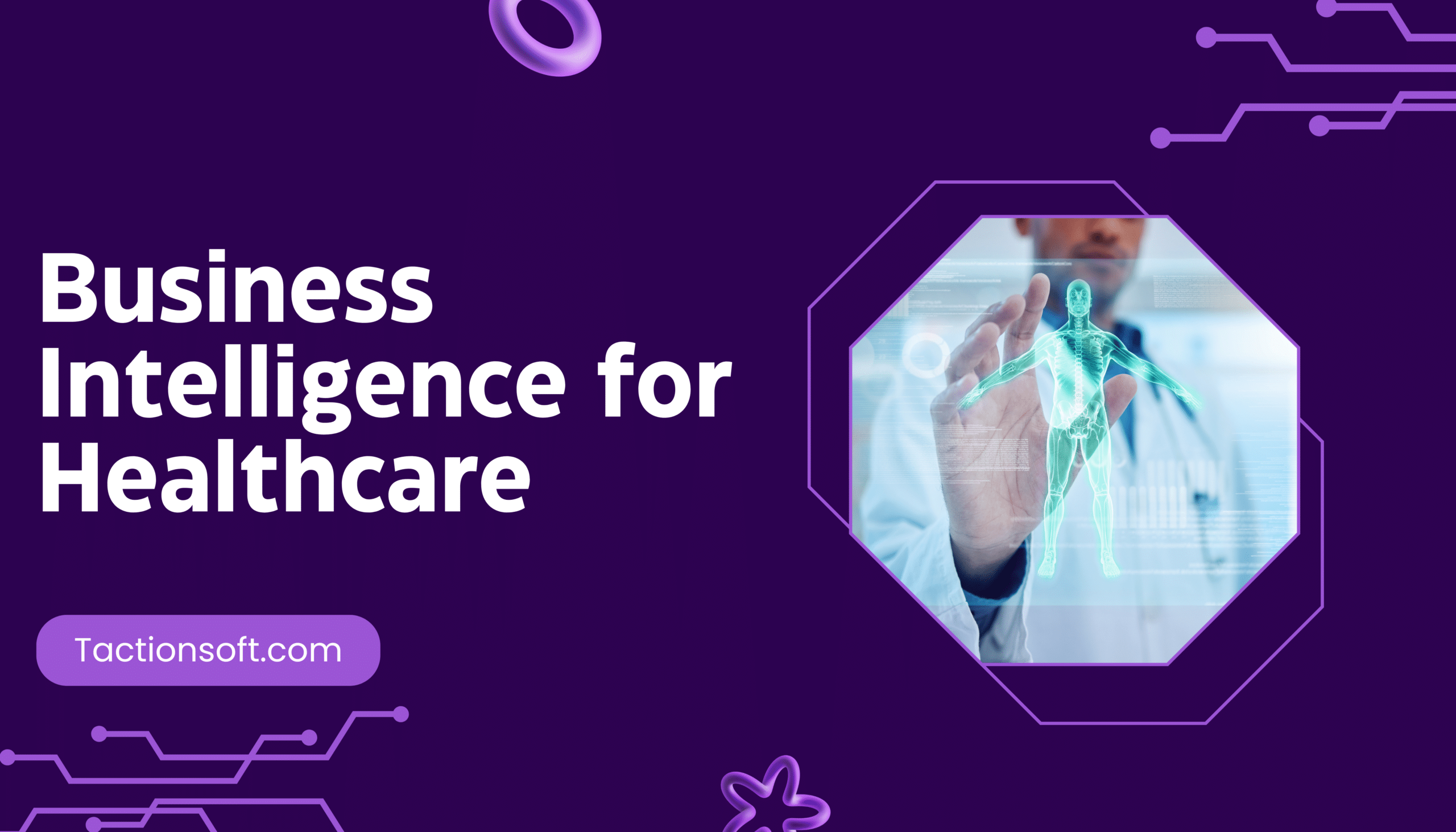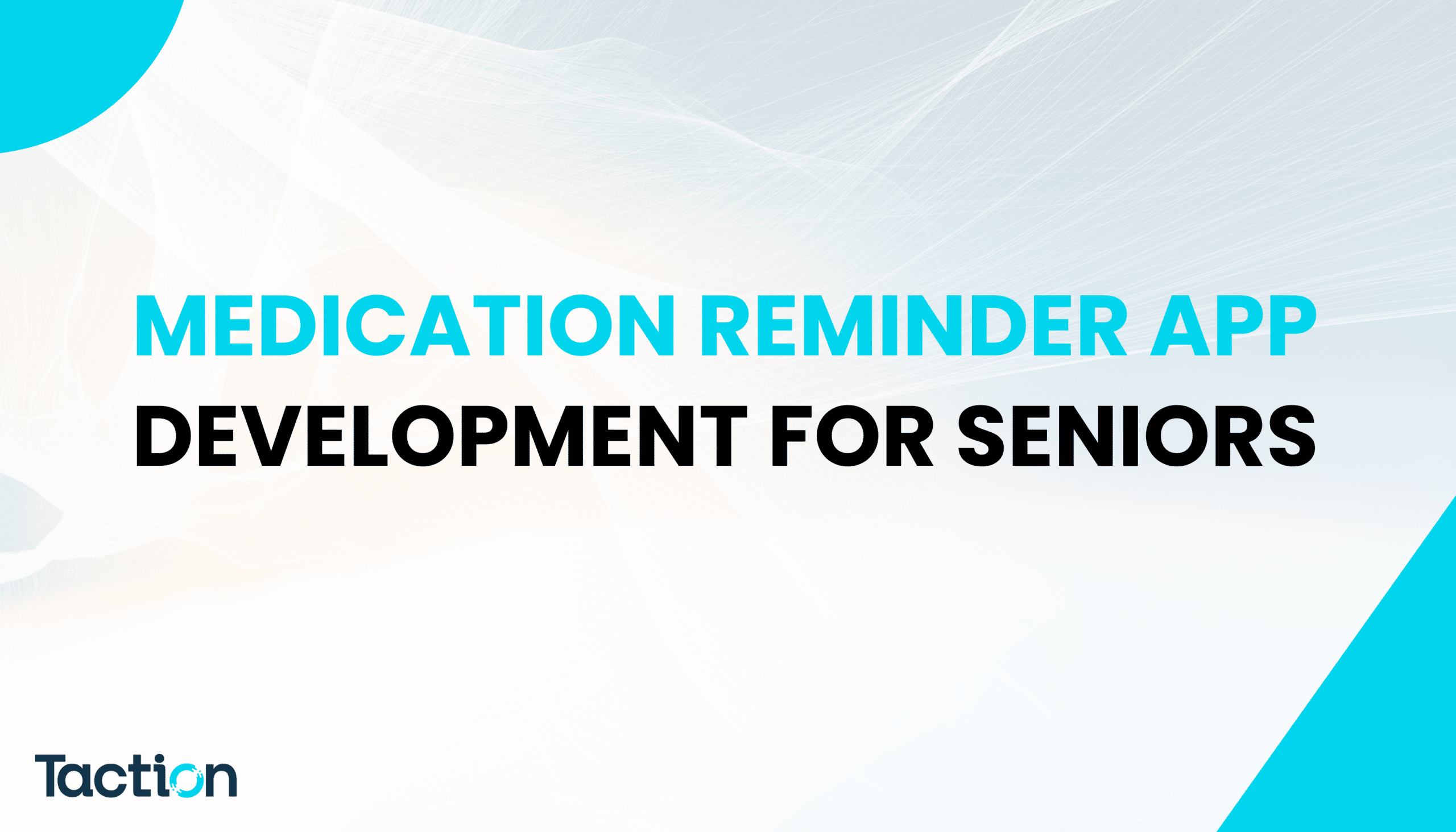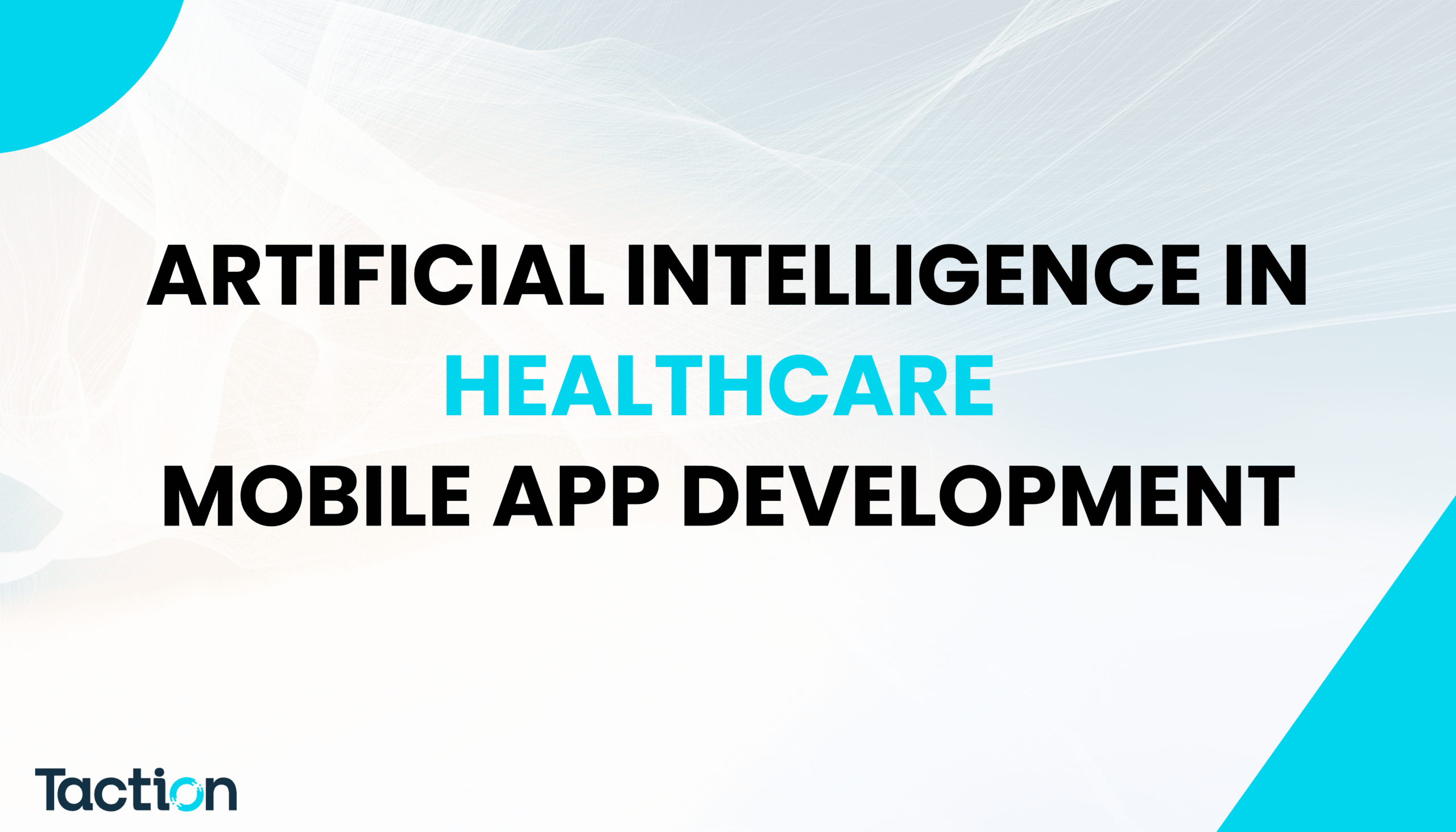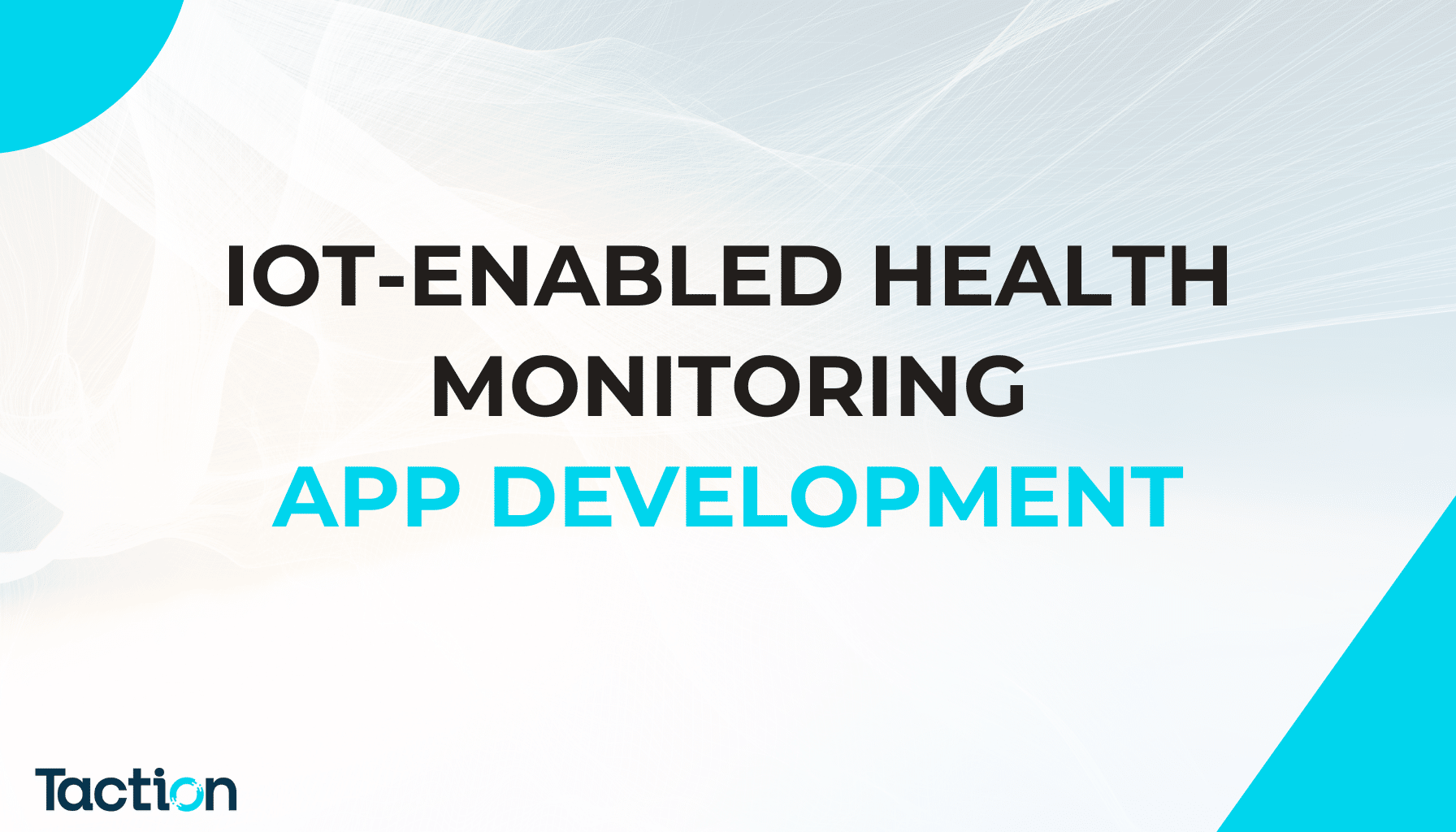Introduction to Business Intelligence for Healthcare
Business Intelligence has become a powerful force in today’s healthcare industry. It is transforming the way organizations use data to improve patient outcomes and achieve operational excellence. Business intelligence in healthcare is based on the use of sophisticated tools and processes that analyze large amounts of data to produce actionable insights.
Every day, healthcare providers from hospitals to clinics generate a large amount of data, including patient records, treatment plans and operational statistics. The BI solution allows organizations to efficiently process and interpret the data, uncovering patterns that otherwise would remain hidden. It allows healthcare institutions to optimize resource allocation and improve patient care.
With the rising demand for quality care and cost-effective solutions, data-driven decision-making has become indispensable. From identifying at-risk patients to predicting operational bottlenecks, BI tools provide a comprehensive view that helps healthcare professionals make informed choices. In a world where data is king, business intelligence for healthcare is not just a tool—it’s a necessity for organizations aiming to thrive in a competitive and patient-focused industry.
![Healthcare Business Intelligence Market Size 2024 to 2034 [USD Billion]](https://cdn.tactionsoft.com/wp-content/uploads/2025/01/1-307-459-0850-3-1024x585.png)
What Is Business Intelligence in Healthcare?
Business Intelligence (BI) refers to the use of technology, tools, and processes to analyze and interpret complex healthcare data, transforming it into actionable insights that support informed decision-making. In healthcare, BI plays a critical role in streamlining operations, enhancing patient care, and improving financial outcomes by leveraging data-driven strategies.
Business intelligence solutions for healthcare focus on extracting meaningful insights from vast datasets generated by electronic health records (EHRs), patient management systems, and operational workflows. These solutions enable healthcare providers to uncover trends, monitor performance metrics, and predict future challenges, empowering them to make informed and timely decisions.
The process of BI is usually divided into several stages. The first step is data collection. Raw information from different sources, such as patient records and clinical databases, administrative systems, and administrative software, are gathered. The data is cleaned, organized and stored in a centralized repository to ensure its accuracy and reliability. Then, advanced analytics techniques are used to discover patterns and generate insights. These include data mining, predictive modeling and other advanced techniques. The information is then visualized with BI tools for healthcare such as dashboards, reports and dashboards to provide actionable findings to stakeholders.
By harnessing the power of BI, healthcare organizations can identify inefficiencies, improve patient outcomes, reduce costs, and stay compliant with industry standards. In an era driven by data, business intelligence solutions for healthcare are indispensable for transforming raw information into strategies that make a tangible impact.
Why Is Business Intelligence Important in Healthcare?
Business intelligence (BI), a vital tool in the healthcare industry, is essential in addressing the pressing issues of rising costs, inefficiencies and improving patient outcomes. BI empowers organizations to make better decisions by leveraging data-driven analytics and advanced analytics. This helps them improve efficiency, reduce waste, and improve the quality of care.
Business intelligence can optimize the allocation of resources in healthcare. Business intelligence tools can provide hospitals with real-time insight into staff performance and equipment usage. This allows them to optimize operations and reduce costs. Predictive analytics, for example, can identify peak admissions times. This allows facilities to allocate their resources efficiently to avoid bottlenecks, and ensure smooth operation.
The visualization of data in healthcare is a critical part of BI. Interactive dashboards and reporting allow healthcare providers the ability to easily interpret complex datasets, identifying trends at a glance. A hospital, for example, may use BI dashboards in order to monitor readmission rates of patients and identify areas that require additional care or interventions, ultimately improving the patient’s outcomes.
BI has transformed healthcare as well by enabling customized treatment plans. BI tools use patient data to identify patterns and predict risks. This allows for proactive care and targeted intervention. Healthcare organizations, for example, have used BI tools to track chronic diseases management programs. This ensures patients get timely follow-ups, and reduces hospital readmissions.
Business intelligence is a powerful tool in today’s data driven world. Its benefits go beyond cost reduction. BI is an essential tool for healthcare organizations that want to succeed in a complex, competitive market. It offers actionable insights and improves operational efficiency.
Capture your piece of the $25.86 billion healthcare market and lead the charge in innovation with our tailored healthcare applications.
Applications of Business Intelligence in Healthcare
Business Intelligence (BI) is revolutionizing healthcare by empowering organizations with actionable insights derived from data. By leveraging healthcare BI solutions, providers can optimize patient care, improve operational efficiency, reduce costs, and make informed decisions with the help of predictive analytics in healthcare. Let’s explore the key applications of BI in healthcare:
1. Patient Care Optimization
The foremost goal of BI in healthcare is to enhance patient care. BI tools analyze patient data from various sources, such as electronic health records (EHRs) and diagnostic systems, to identify trends and patterns. This enables personalized treatment plans tailored to individual patient needs. For example, BI can predict potential complications for at-risk patients, enabling timely interventions and improving patient outcomes. With data-driven decision-making, healthcare providers ensure care is proactive rather than reactive, resulting in better health outcomes.
2. Operational Efficiency Improvement
Healthcare organizations face numerous challenges in managing resources, scheduling staff, and ensuring smooth operations. BI solutions streamline these processes by offering real-time insights into resource utilization and performance metrics. For instance, predictive tools can forecast patient admission rates, helping hospitals adjust staffing and manage bed availability. This level of efficiency not only enhances patient satisfaction but also reduces administrative bottlenecks.
3. Cost Reduction
The rising cost of healthcare is a significant concern, and BI provides solutions to mitigate unnecessary expenses. By analyzing financial and operational data, BI tools identify inefficiencies, such as overutilization of resources or redundant processes. For example, healthcare BI solutions can detect patterns of excessive diagnostic tests or treatments, enabling organizations to standardize care and minimize waste. Cost savings from these insights contribute to more affordable healthcare services.
4. Predictive Analytics for Healthcare Trends
Predictive analytics is one of BI’s most powerful applications. BI tools can forecast future trends such as disease outbreaks and patient demand patterns by analyzing real-time and historical data. It allows healthcare providers to plan ahead, by stockpiling important medications or allocating more resources to areas of high demand. Predictive analytics can also help identify public health risks and enable timely policy interventions.
Conclusion: The integration of healthcare BI has a wide-ranging impact on patient care, operational efficiencies, cost management and trend predictions. Data-driven decision making can help healthcare organizations transform the way they provide care. This will improve outcomes for patients and maintain financial sustainability. Business intelligence is not an option anymore; it’s the cornerstone for modern healthcare excellence.
Challenges in Implementing Business Intelligence for Healthcare
While Business Intelligence (BI) offers immense potential for improving healthcare delivery and operations, its implementation comes with significant challenges. From safeguarding sensitive data to overcoming integration barriers, organizations must address these issues to fully benefit from BI implementation in healthcare.
1. Data Privacy and Security Concerns
One of the most critical challenges is ensuring data security in healthcare. BI systems handle vast amounts of sensitive information, including patient records and financial data, making them prime targets for cyberattacks. Complying with stringent regulations such as HIPAA (Health Insurance Portability and Accountability Act) adds complexity, as any breach could lead to severe penalties and loss of trust. Healthcare organizations must invest in robust cybersecurity measures and encryption technologies to protect data throughout its lifecycle.
2. Integration and Interoperability Challenges
Healthcare systems often rely on a mix of legacy systems and modern technologies, creating significant interoperability challenges. BI tools need seamless integration with diverse data sources such as electronic health records (EHRs), patient management systems, and diagnostic tools. However, inconsistent data formats and siloed information can hinder the smooth exchange of data. Addressing these issues requires advanced integration solutions and collaboration between system vendors to ensure compatibility and data standardization.
3. Resistance to Technology Adoption
The adoption of BI solutions often encounters resistance from healthcare staff and administrators. Employees may be hesitant to change long-standing workflows or learn new technologies. This resistance can slow down the adoption of BI implementation in healthcare, reducing its effectiveness. Overcoming this challenge requires comprehensive training programs, user-friendly BI tools, and clear communication about the benefits of BI in improving patient outcomes and operational efficiency.
4. High Implementation Costs and Complexity
Implementing a BI solution in healthcare can be expensive and technically complex. The costs of acquiring advanced tools, hiring skilled personnel, and maintaining systems can strain budgets, especially for smaller healthcare organizations. Planning a phased implementation and prioritizing high-impact use cases can help mitigate these costs.
Despite these challenges, the benefits of BI implementation in healthcare outweigh the obstacles. By addressing data security in healthcare, overcoming interoperability challenges, and fostering technology acceptance, healthcare organizations can unlock the full potential of BI to deliver superior care and operational excellence.
Benefits of Business Intelligence in Healthcare
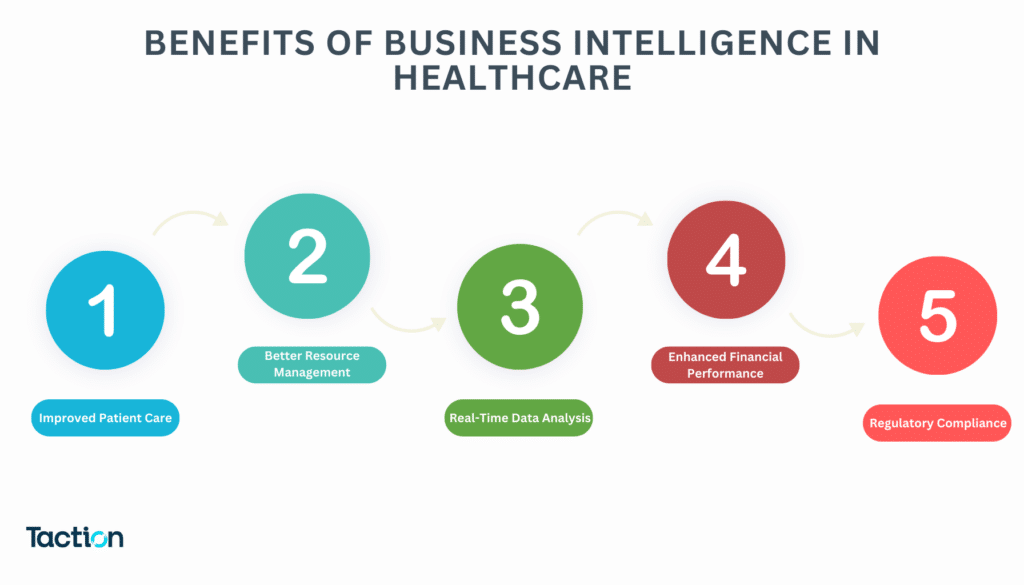
Business Intelligence (BI) is transforming the healthcare industry by providing data-driven insights that enable better decision-making, enhanced patient care, and improved operational efficiency. The advantages of BI in healthcare go beyond traditional data analysis, empowering organizations to optimize their resources and deliver superior outcomes.
1. Improved Patient Care
One of the primary benefits of BI is its ability to enhance patient care. By leveraging data analytics in healthcare, providers can identify trends, predict health risks, and create personalized treatment plans. For example, BI platforms analyze patient records to flag early warning signs of chronic conditions, enabling timely intervention. This proactive approach not only improves patient outcomes but also reduces hospital readmissions and healthcare costs.
2. Better Resource Management
Effective resource allocation is critical in healthcare, where inefficiencies can lead to increased costs and compromised care. Healthcare BI platforms provide real-time insights into resource utilization, such as bed availability, staff productivity, and equipment usage. This enables healthcare administrators to allocate resources efficiently, ensuring optimal operations even during peak demand. For instance, predictive analytics can forecast patient admission patterns, allowing hospitals to adjust staffing levels and manage workloads effectively.
3. Real-Time Data Analysis
BI tools offer the ability to perform real-time data analysis, which is invaluable in fast-paced healthcare environments. From tracking patient flow in emergency rooms to monitoring medication inventory, real-time insights enable quick decision-making. For example, BI dashboards can help clinicians access up-to-date patient information during critical procedures, improving the accuracy of care and reducing response times.
4. Enhanced Financial Performance
The advantages of BI in healthcare extend to financial management as well. BI platforms analyze billing, claims, and other financial data to identify inefficiencies, detect fraud, and streamline processes. By gaining visibility into financial performance, healthcare organizations can reduce waste, optimize expenditures, and improve overall profitability.
5. Regulatory Compliance
Healthcare organizations must comply with strict regulatory requirements. BI tools simplify compliance by automating data reporting and ensuring accurate documentation. This reduces the administrative burden on staff while minimizing the risk of penalties due to non-compliance.
In conclusion, healthcare BI platforms are essential for driving innovation and efficiency in the industry. By harnessing the power of data analytics in healthcare, organizations can deliver better care, optimize operations, and achieve sustainable growth in an increasingly competitive landscape.
How Taction Software Helps with Business Intelligence for Healthcare
Taction Software is at the forefront of empowering healthcare organizations with tailored business intelligence (BI) solutions designed to address their unique challenges. By delivering cutting-edge tools and expertise, we enable healthcare providers to unlock the power of data for improved decision-making, patient care, and operational efficiency. Our custom BI solutions for healthcare ensure that organizations can seamlessly transform raw data into actionable insights.
1. BI Tools Integration
Taction Software specializes in integrating advanced BI tools with existing healthcare systems such as electronic health records (EHRs), patient management software, and diagnostic platforms. This seamless integration ensures that all critical data sources are consolidated into a unified framework, enabling healthcare providers to gain a comprehensive view of their operations. Whether it’s automating data collection or ensuring interoperability, we deliver solutions that streamline processes and enhance efficiency.
2. Data Visualization
Our expertise in data visualization allows healthcare organizations to interpret complex datasets with ease. Through interactive dashboards and real-time reporting, Taction Software ensures that decision-makers can access clear and actionable insights at a glance. These visual tools empower administrators and clinicians to monitor key performance indicators, track patient outcomes, and optimize workflows effectively.
3. Predictive Analytics
Taction Software leverages advanced predictive analytics to help healthcare organizations anticipate future challenges and opportunities. By analyzing historical data and identifying patterns, our solutions enable providers to forecast patient demand, predict potential health risks, and prepare for resource allocation more effectively. This proactive approach leads to improved patient outcomes and cost savings.
4. BI Consulting for Healthcare
With our BI consulting for healthcare, Taction Software works closely with organizations to design and implement strategies that align with their goals. From assessing current systems to recommending tailored solutions, we guide healthcare providers every step of the way to ensure maximum ROI from their BI initiatives.
Taction Software’s comprehensive approach to custom BI solutions for healthcare empowers organizations to make data-driven decisions, enhance patient care, and achieve operational excellence. With our expertise, healthcare providers can stay ahead in an industry where the ability to harness data is key to success.
Transform healthcare with actionable insights. Contact Taction Software today to unlock the power of BI solutions!
Future Trends in Business Intelligence for Healthcare
The future of business intelligence in healthcare is set to be transformative, driven by innovations like artificial intelligence (AI), advanced data visualization, and the integration of wearable technology. These emerging trends are reshaping how healthcare organizations leverage data to improve patient outcomes and operational efficiency.
1. AI-Driven BI
Artificial Intelligence (AI) is revolutionizing healthcare analytics by enhancing the capabilities of BI tools. With AI, healthcare organizations can process vast datasets at unprecedented speeds, uncovering patterns and insights that were previously unattainable. From predicting patient outcomes to identifying disease outbreaks, AI in healthcare analytics enables proactive decision-making and precision medicine. Machine learning algorithms further enhance predictive analytics, providing accurate forecasts that empower healthcare providers to stay ahead of challenges.
2. Advanced Data Visualization
The future of BI will see significant advancements in data visualization, making complex healthcare data more accessible and actionable. Interactive dashboards and real-time visual reports will allow clinicians and administrators to monitor performance metrics, patient trends, and operational bottlenecks effortlessly. These intuitive tools enhance decision-making by presenting insights in a clear and visually engaging format, ensuring that key stakeholders can act quickly and confidently.
3. Integration of Wearable Technology with BI Tools
The integration of wearable technology into healthcare BI platforms is another major trend shaping the future. Devices such as fitness trackers and health monitors generate real-time patient data, including heart rate, blood pressure, and activity levels. BI tools can aggregate and analyze this data to provide actionable insights, enabling personalized treatment plans and proactive health management. This trend underscores the importance of real-time healthcare data trends in improving patient care and outcomes.
In conclusion, the future of business intelligence in healthcare is poised to deliver unparalleled advancements, driven by AI in healthcare analytics, cutting-edge visualization tools, and the integration of wearable technology. These trends will enable healthcare organizations to harness the full potential of data, paving the way for a more efficient, patient-centered industry.
Conclusion
Business intelligence (BI), a tool that has been instrumental in the transformation of the healthcare industry, is now a must-have. BI helps healthcare organizations achieve operational excellence and better outcomes by enabling data-driven decisions, optimizing resources and improving patient care. BI has become a cornerstone for modern healthcare innovation because of its ability to interpret and harness vast amounts of data.
Taction Software’s BI solutions are tailored to help healthcare organizations maximize the potential of their data. Our expertise in BI integration, advanced data visualization and predictive analytics ensures healthcare providers stay on top of an industry that is constantly evolving. Our custom BI solutions can help you make informed decisions and improve patient experience.
Learn how Taction Software’s innovative BI solution can revolutionize the way your organization approaches data. Contact us to learn more about the endless possibilities of healthcare business intelligence and the first steps towards a data-driven, smarter future.

